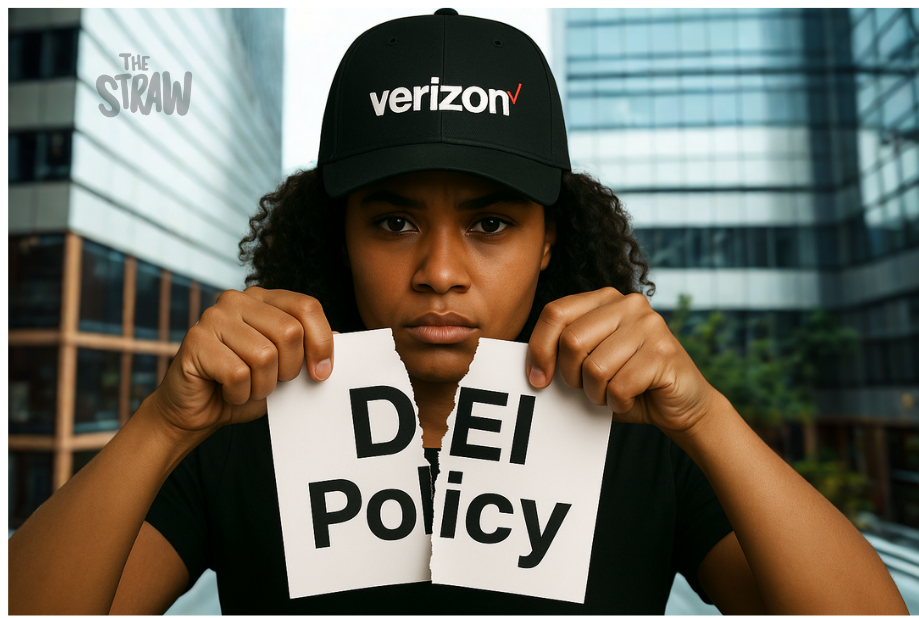
Selling Out for a Signal: Verizon’s DEI Rollback Should Break Us All
When a multibillion-dollar deal costs more than money—and sells out your values in the process.
So let me get this straight…
Verizon wanted to close a $20B deal with Frontier Communications. But the FCC wouldn’t approve the acquisition unless Verizon walked back its commitments to diversity, equity, and inclusion?
And they agreed?
What we’re witnessing isn’t just corporate compromise—it’s a playbook for how progress gets rolled back quietly while the world’s distracted.
This isn’t about spectrum rights.
This is about signaling to every other company: If diversity stands in the way of dollars, ditch it.
And that should be everyone’s last straw.
The Bigger Problem
Verizon didn’t just cut programs—they erased language from their own playbook. No more supplier diversity goals. No more DEI-centered policies. Why? Because in today’s regulatory climate, equity is being reframed as exclusionary.
Let me be clear:
DEI isn’t a “threat” to fairness. It’s the framework for it.
Let’s Not Miss the Point:
This wasn’t just a business decision. It was a cultural signal. One that says:
- Progress is optional.
- Inclusion is negotiable.
- Equity can be deleted if it slows the deal.
And worse—no one in the room fought hard enough to say otherwise.
My Take?
I’ve been in the rooms where these decisions are made.
The “we support DEI, but…” rooms.
The “how do we make this look neutral?” rooms.
The rooms where the people most affected aren't even invited.
And let me say this: Your values aren’t values if you only uphold them when it's easy.
What This Means for the Rest of Us
If billion-dollar companies can drop DEI overnight, what does that mean for the rest of us?
- Employees: You’re not crazy for feeling your company’s “commitment” is performative. This proves it can be.
- HR leaders: If you’re not watching this like a case study in erosion, you’re behind.
- Executives: If you think this won’t land on your employees’ desks, it already has.
Final Thought
This wasn’t just a rollback.
This was a reveal.
And if you’ve ever wondered how progress gets reversed—it starts here.
Quietly. Strategically. In boardrooms.
Until someone calls it what it is.

